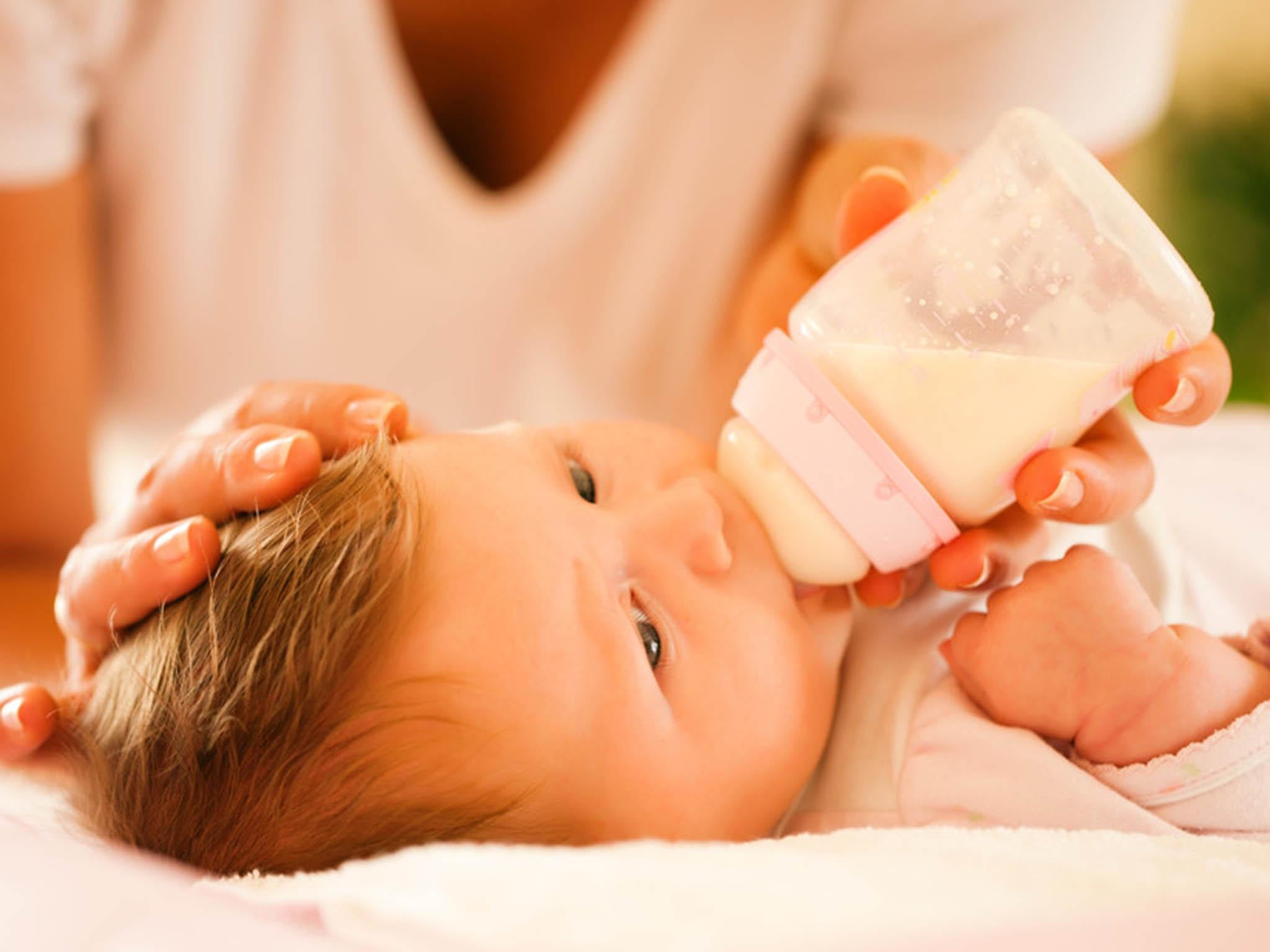Mothers are made to feel guilty whether they breastfeed or formula feed their baby

From the first cry of their newborn baby, mothers are faced with a myriad of expectations on how they raise their child. Now surely all they can do is try their best, right? Essentially yes, but one of the most fundamental parts of doing this is providing the “best” nutrition for their child from day one – a minefield of a topic to say the least.
The way mothers feed their babies has become a matter of international public interest. Take a quick glance at the extensive list of breastfeeding benefits, against current rates, and the concern is understandable. In the UK, over 80% of women initiate breastfeeding, yet less than 1% of mothers exclusively breastfeed to the recommended six months. This means that the majority of babies receive at least some formula supplementation during those critical first few months.
Unfortunately, our recently published study of formula-feeding women found that the large majority of mothers who supplement their babies’ feedings with formula are made to feel guilty, stigmatised, defensive, and dissatisfied over their decision to top-up or swap from breast to bottle. Mothers who initiate exclusive breastfeeding but stop, and mothers who intend to exclusively breastfeed during pregnancy but are unable to do so, are at a much higher risk of experiencing guilt and dissatisfaction too.
It’s not much easier for mothers who do manage to feed their baby by breast alone for at least six months either. In a second study we found that though these mums did not have negative emotional experiences as often as formula-feeding mothers, they still occurred, particularly for those who supplemented breastfeeding with formula.
Mums can’t win either way.
Social barriers
Society makes it very difficult for mothers to breastfeed. Family members, with the best of intentions, suggest formula to “help baby settle”; partners want their share of the feeding responsibilities to “give mum a break”. Add to that the barrage of media stories of mothers being asked to cover up or leave public spaces and it is little wonder mums feel confused, conflicted, and contemplating formula over breastfeeding.
Promotional efforts, on the other hand – like the “breast is best” message – make women who intend to exclusively breastfeed but turn to formula, either on rare occasions or more permanently, feel guilty and dissatisfied about the prospect of feeding their child something less than breastmilk. The mantra was originally designed to convey the health benefits of breastmilk, and tackle the prolonged slump in breastfeeding rates. But, assuming every new mother wants the “best” for their baby, the slogan and associated promotions take on a profoundly moralistic dimension, which has become intertwined with the concept of “good parenting”.
Regardless of whether they breastfeed or not, this catch-22 situtation is making life unnecessarily difficult and stressful for mums.
A lose-lose situation
Some mothers simply cannot breastfeed, others plan not to, or don’t initiate breastfeeding after birth. Our research found that these mums were more likely to feel stigmatised than breastfeeding mothers, and were also less likely to ask for infant feeding advice from health professionals.
Instead they were more likely to turn to family members or use their own accord and experiences to inform their feeding practices. It seems that our portrayal of formula as “risky” or “dangerous” alongside the “breast is best” message may alienate those who intend to exclusively formula feed and create reluctance among women to seek professional advice about their “suboptimal” feeding method. This is a vicious circle that embeds the formula feeding culture down the generations, and has considerable implications for infant health. If formula is not prepared carefully, there is a much higher risk of contamination and illness.
Negative emotions like stigma can also lead to other harmful behaviours, from trying to make “homemade” formula, to early introduction of solids, and even, thankfully isolated, cases of food deprivation.
Breastfeeding has profound and long-lasting health advantages, but the risks of poor maternal well-being run just as deep. The “breast is best” message has, in many cases, done more harm than good for both breastfeeding and formula feeding women. Words carry a lot of power and we need to be very careful of their use in future breastfeeding promotion campaigns.
For many, the current WHO recommendation of six months of exclusive breastfeeding is simply not realistic and can discourage mothers from even initiating breastfeeding. Instead we should follow a woman-centred approach where mothers are empowered to set their own realistic targets.
Sophia Komninou is a lecturer in infant and child public health, at Swansea University and Victoria Fallon is a lecturer in psychology, at the University of Liverpool
Join our commenting forum
Join thought-provoking conversations, follow other Independent readers and see their replies
Comments
Bookmark popover
Removed from bookmarks